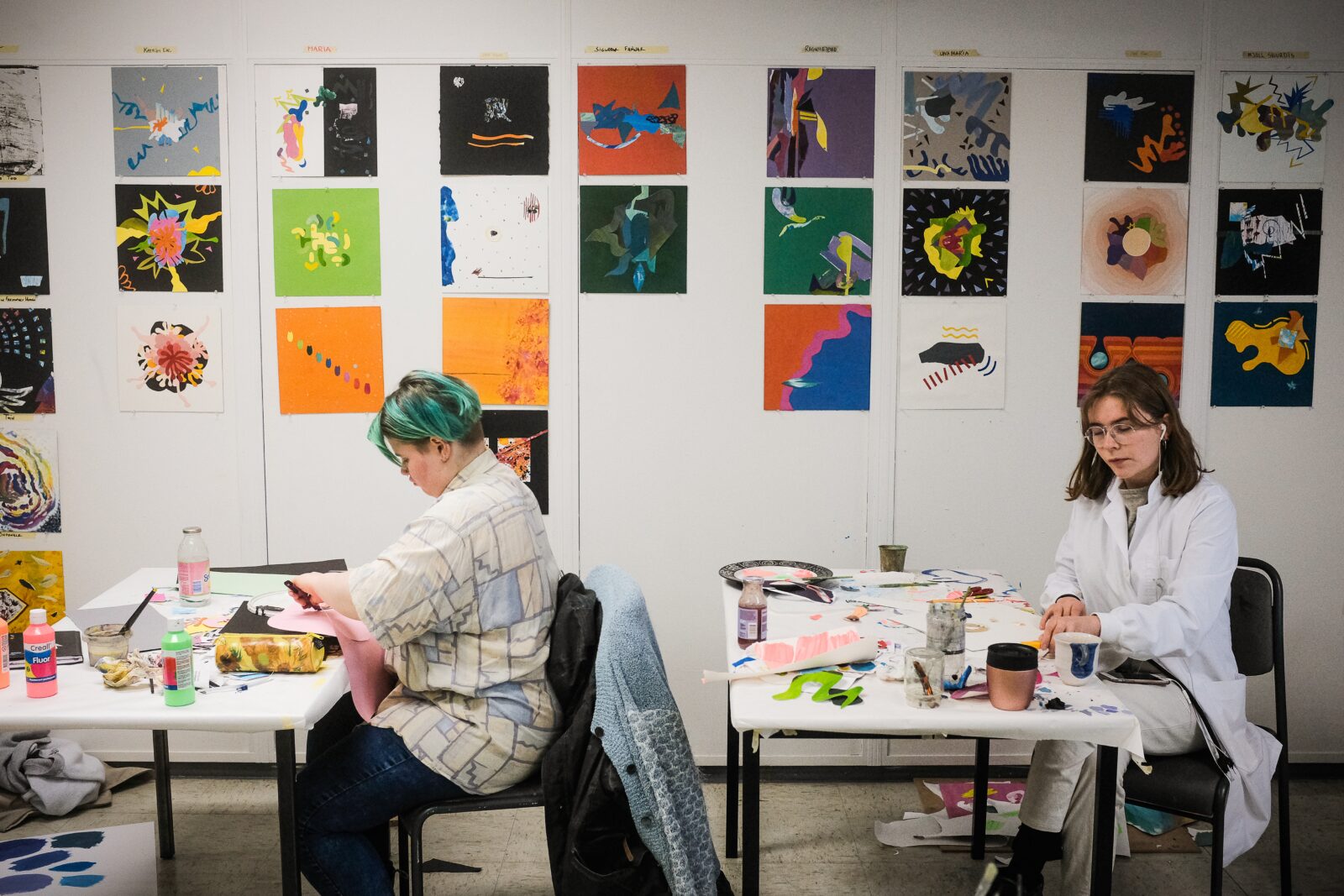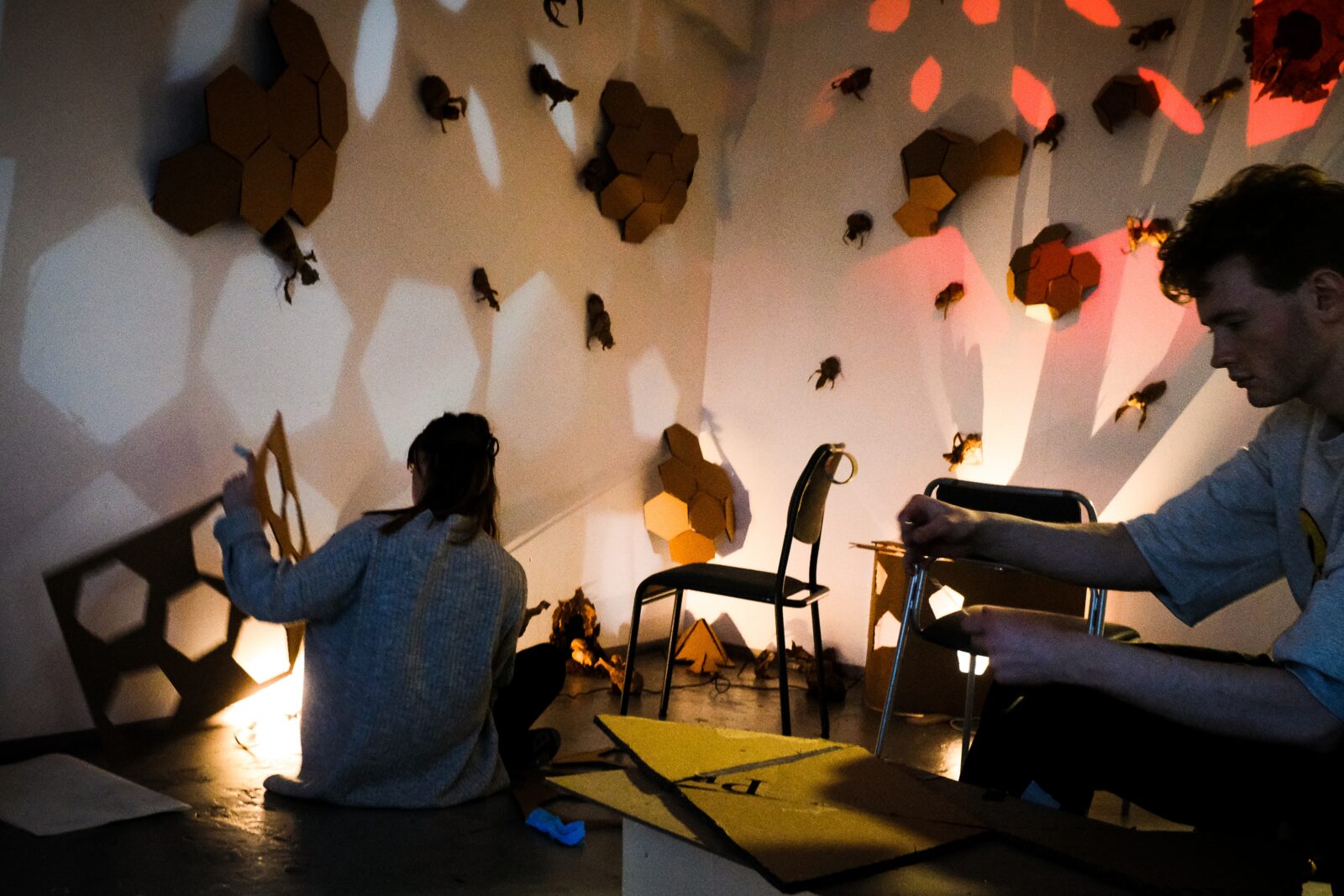IMPORTANT: THE SCHOOL'S LANGUAGE POLICY
HOW TO APPLY
Application is online through the INNA application portal. Use the flag icons (top right corner) to proceed with either English or Polish.
What to prepare for and expect during the INNA online application:
- Enter your Icelandic ID number (if available) to start.
- Register a valid email address – INNA application portal will send a code to confirm your email address (the sender is noreply@inna.is. Check to see if the message went into your spam). Enter the code on the application form to continue.
- In addition to basic personal information, the form asks for your education and/or work experience.
- Optional: Include a digital passport photo (not larger than 500 kb in size and preferably jpg or jpeg).
- Attached the three projects with the application. Maximum file size: 350 MB.
- Prepare a short statement about your interests and experience (50-100 words) to answer the question Field of interests
- Select the checkbox in the application to allow the school access to your study records if they are registered in the INNA system. If the INNA system does not have your study records from your earlier studies, upload certified digital copies of your certificates, transcripts and supporting documents with the application.
Before you can submit the application:
- Answer all questions marked with an asterisk (*).
- Pay an application fee of ISK 15.000 (non-refundable) with a payment card.
- Check the box by terms of application to confirm that you have read and understand the term for application fee.

